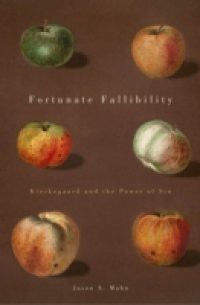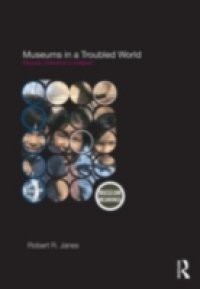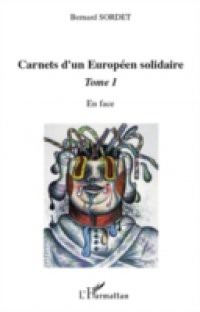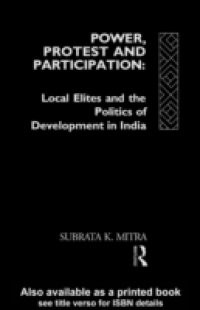For more than 1,500 years, the claim that Adams Fall might be considered fortunate has been Christianitys most controversial and difficult idea. While keepers of the Easter vigil in the fifth century (and later John Milton) praised sin only as a backhanded witness to the ineffability of redemption, modern speculative theodicy came to understand all evil as comprehensible, historically productive, and therefore fortunate, while the romantic poets credited transgression with bolstering individual creativity and spirit. Jason Mahns compelling study examines Kierkegaards para/orthodixical language of human fallibility and Christian sin. Mahn breaks down and reconstructs the concept of the fortunate Fall in Western thought, in context of Kierkegaards later writings, examining Kierkegaards blunt critique of Idealisms justification of evil, as well as his playful deconstruction of romantic celebrations of sin. Mahn also argues, though, that Kierkegaard resists the moralization of evil, preferring to consider temptation and sin as determinative dimensions of religious existence. In relation to the assumed innocence of Christendoms cultured Christians, the self-conscious sinner might be the better religious witness. Although Mahn shows how Kierkegaard finally replaces actual sin with human fragility, temptation, and the possibility of spiritual offense as that which happily shapes religious faith, he cogently argues that Kierkegaards understanding of fortunate fallibility is at least as rhetorically compelling and theologically operative as talk of a fortunate Fall. Mahns insights into Kierkegaards playful maneuvers encourage Christian theologians to speak of sin more particularly and peculiarly than in the typical discourses of church and culture.





 10 (1)
10 (1) 













